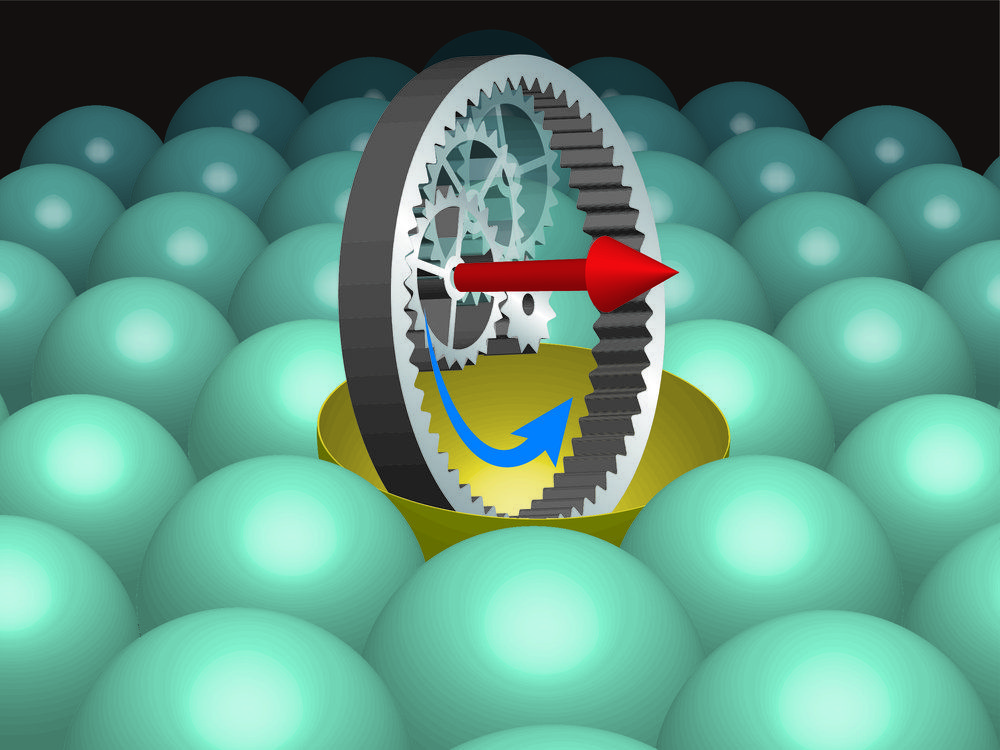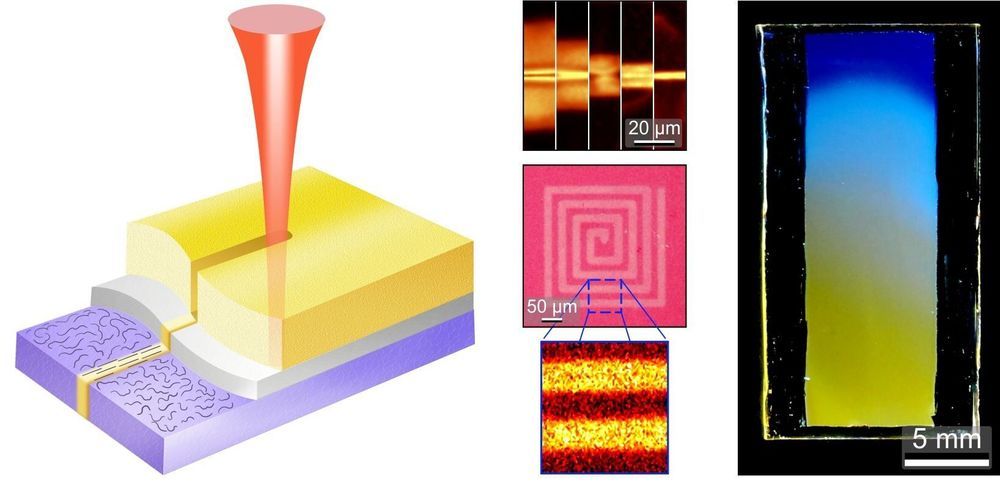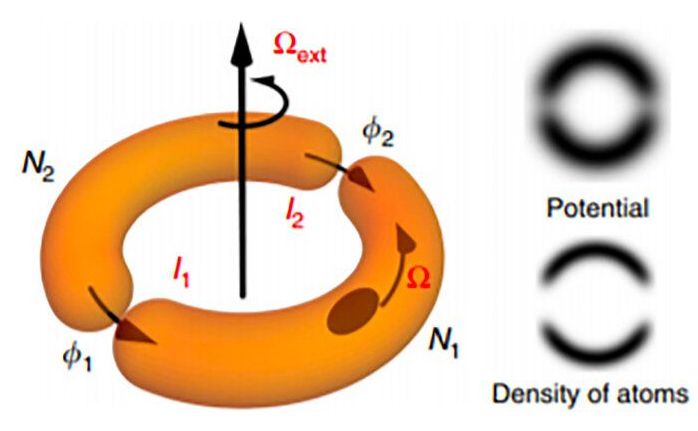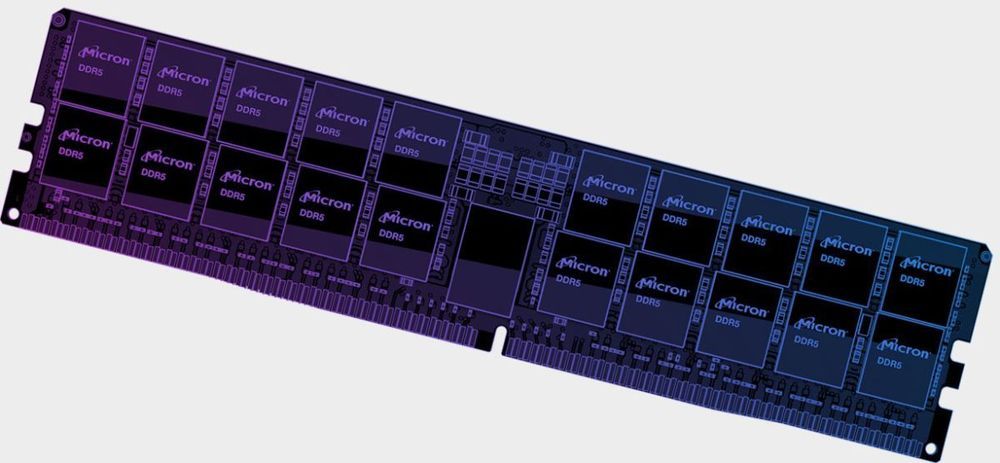A group of international scientists have substantially lengthened the duration of time that a spin-orbit qubit in silicon can retain quantum information for, opening up a new pathway to make silicon quantum computers more scalable and functional.
Spin-orbit qubits have been investigated for over a decade as an option to scale up the number of qubits in a quantum computer, as they are easy to manipulate and couple over long distances. However, they have always shown very limited coherence times, far too short for quantum technologies.
The research published today in Nature Materials shows that long coherence times are possible when spin-orbit coupling is strong enough. In fact, the scientists demonstrated coherence times 10,000 times longer than previously recorded for spin-orbit qubits, making them an ideal candidate for scaling up silicon quantum computers.









